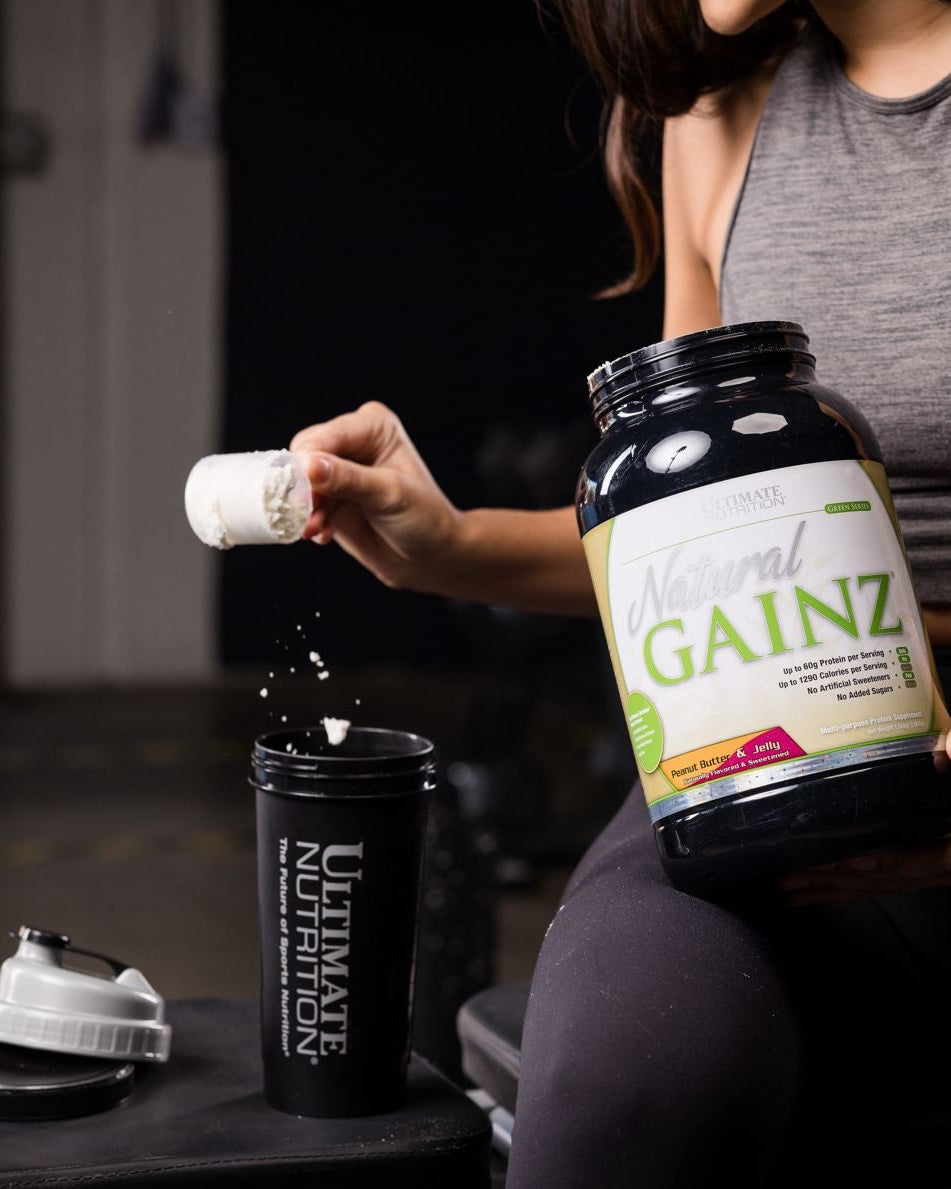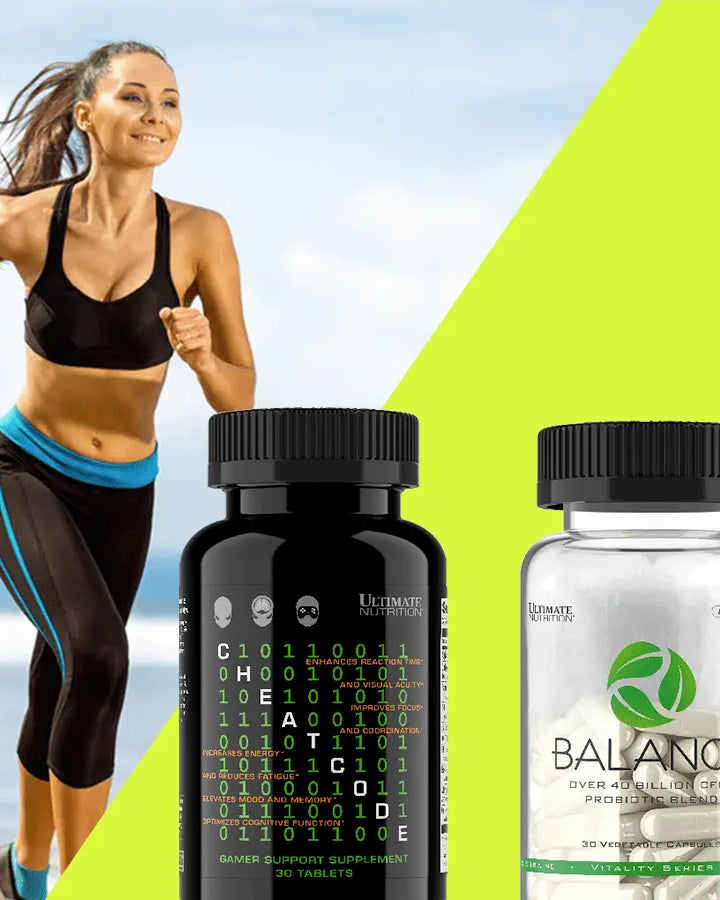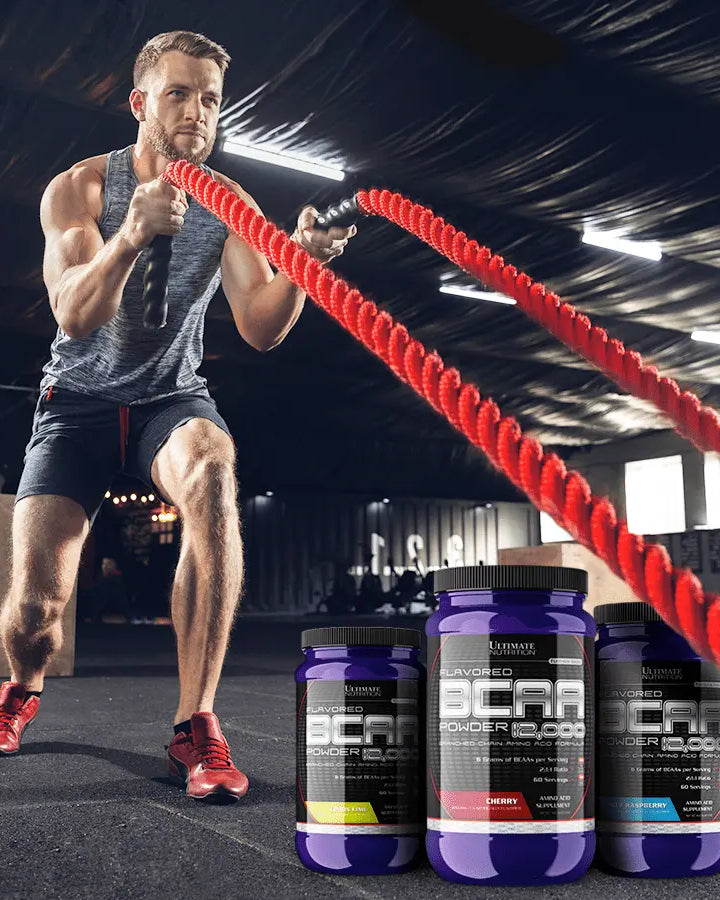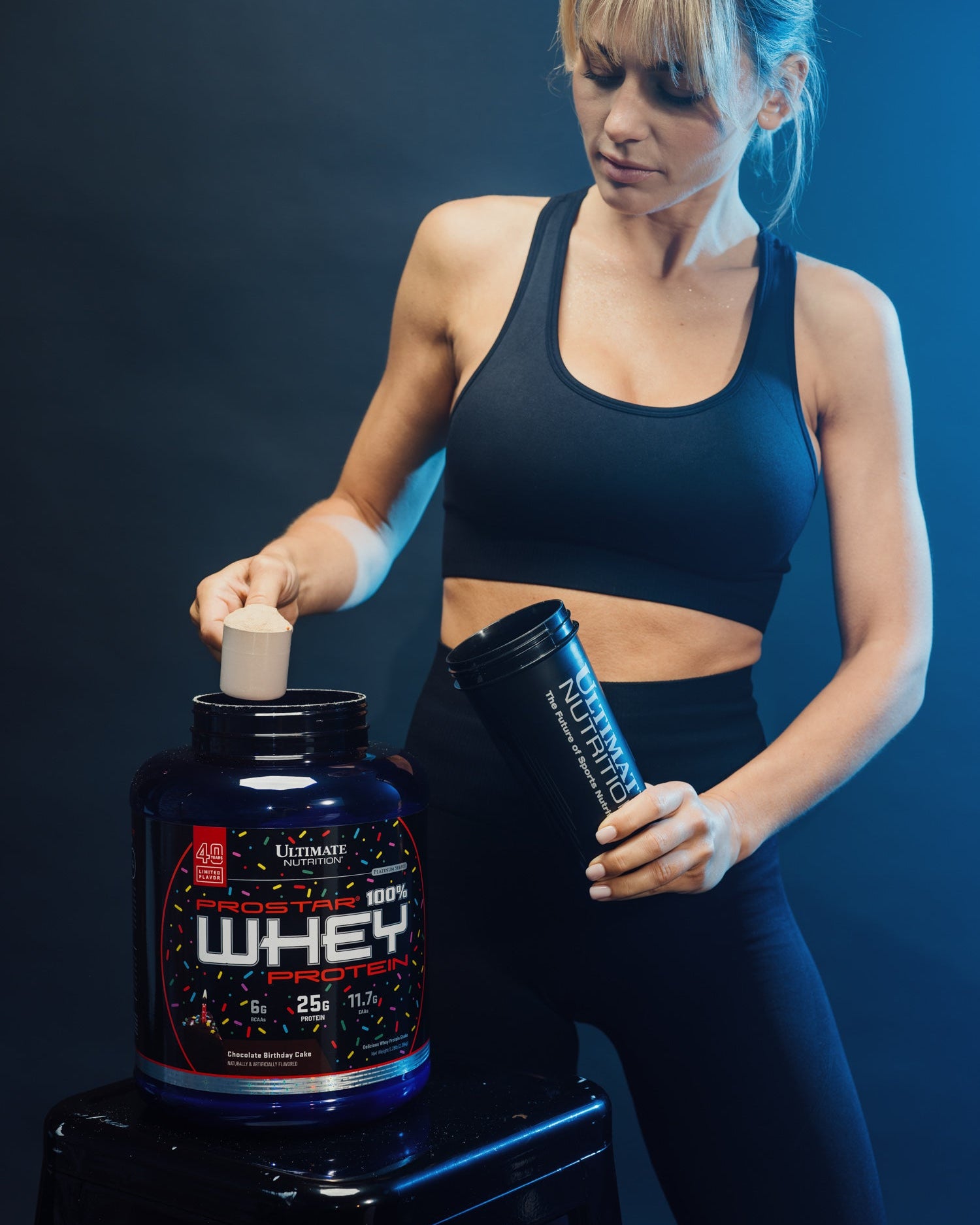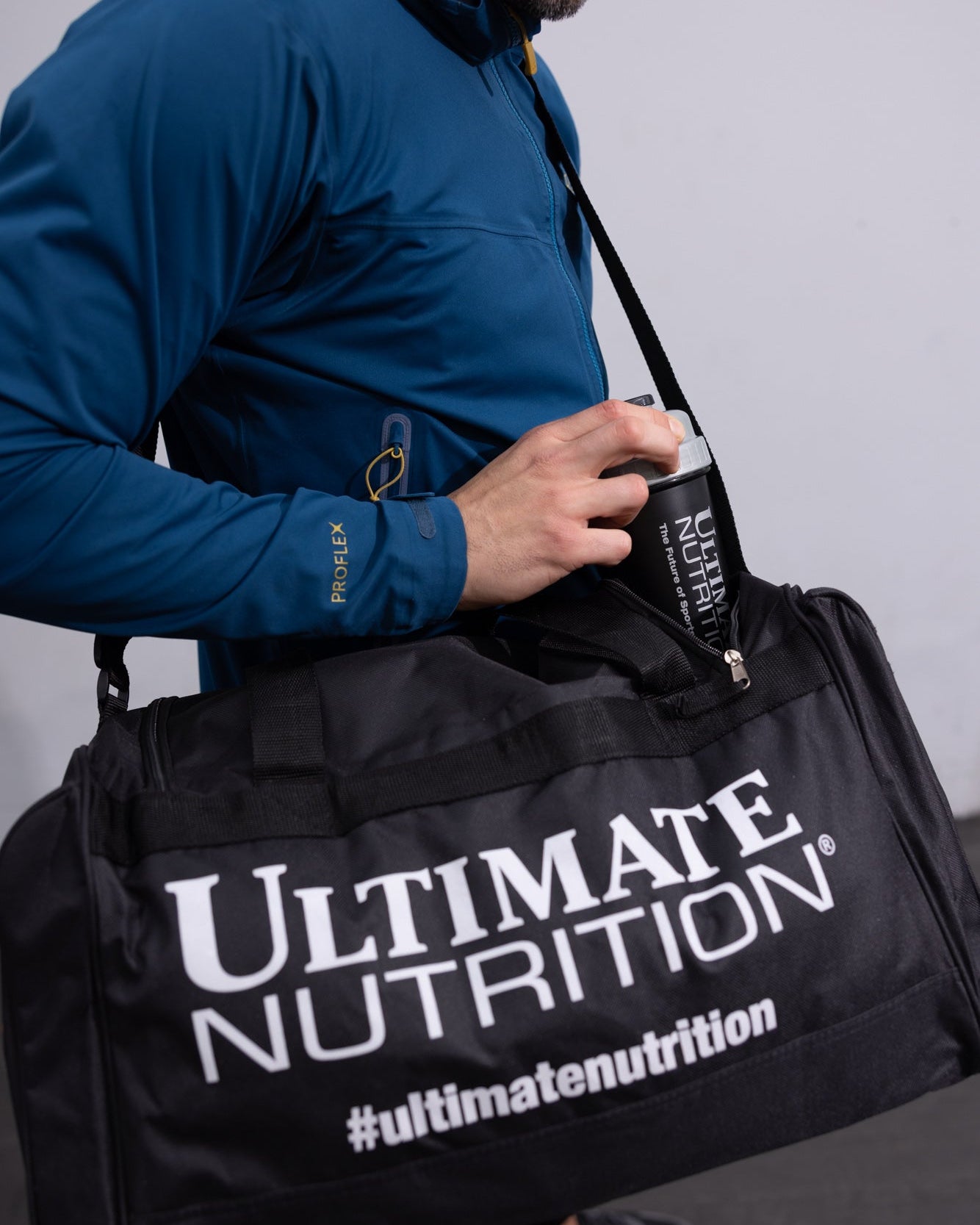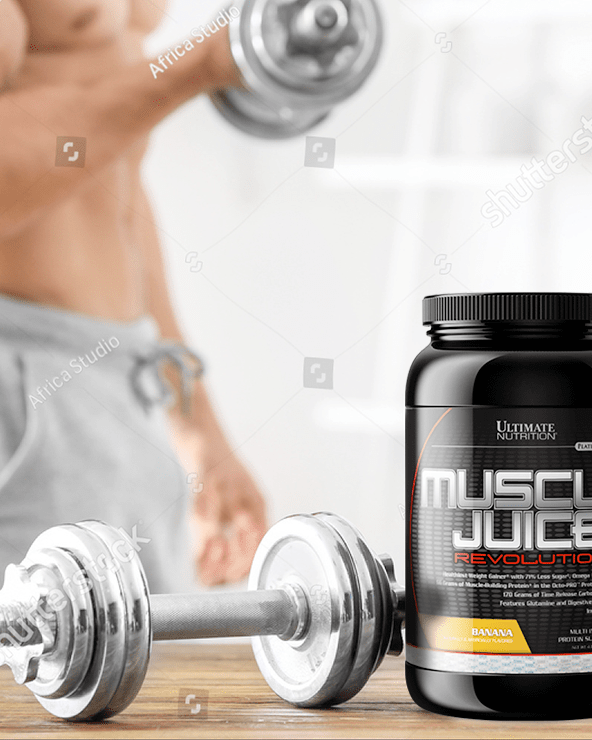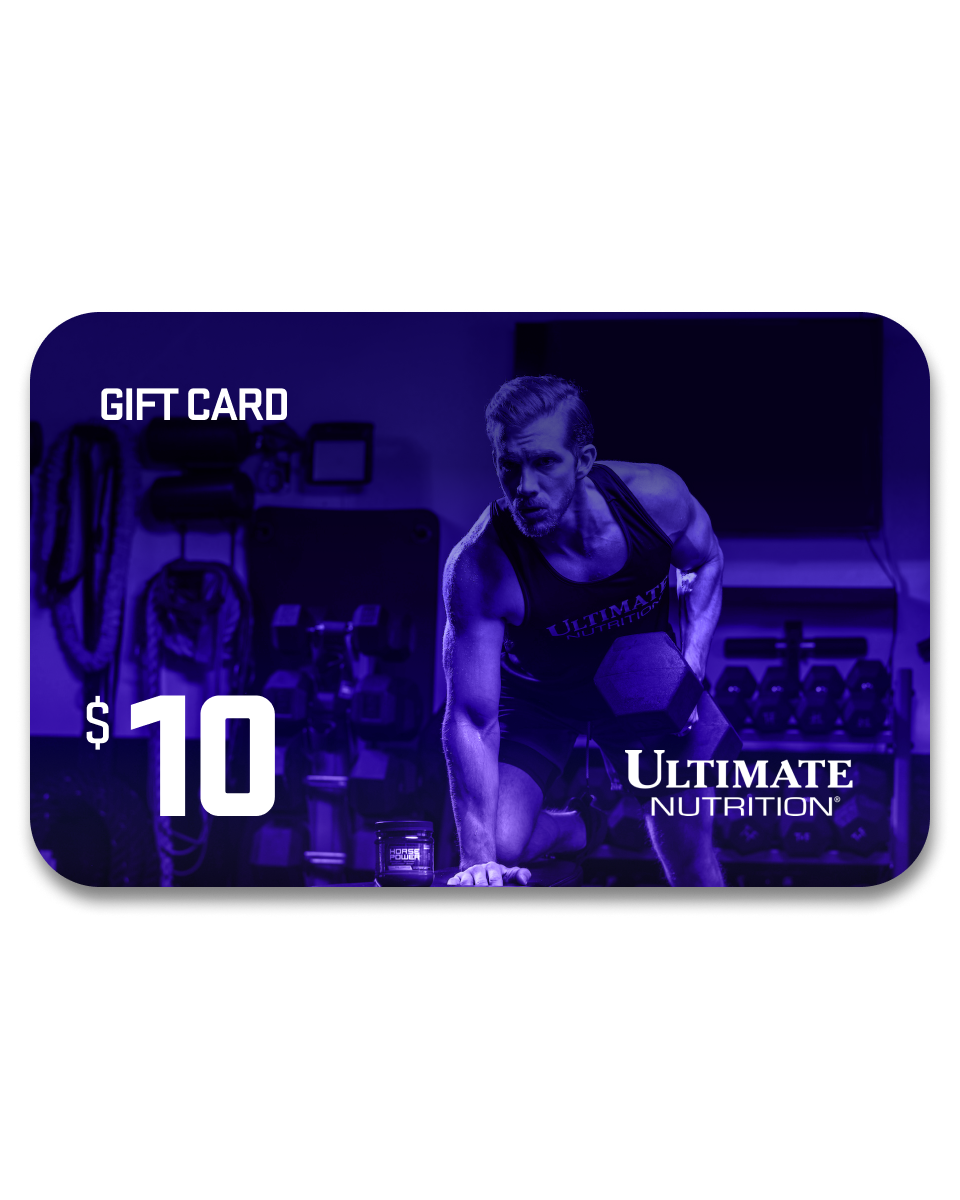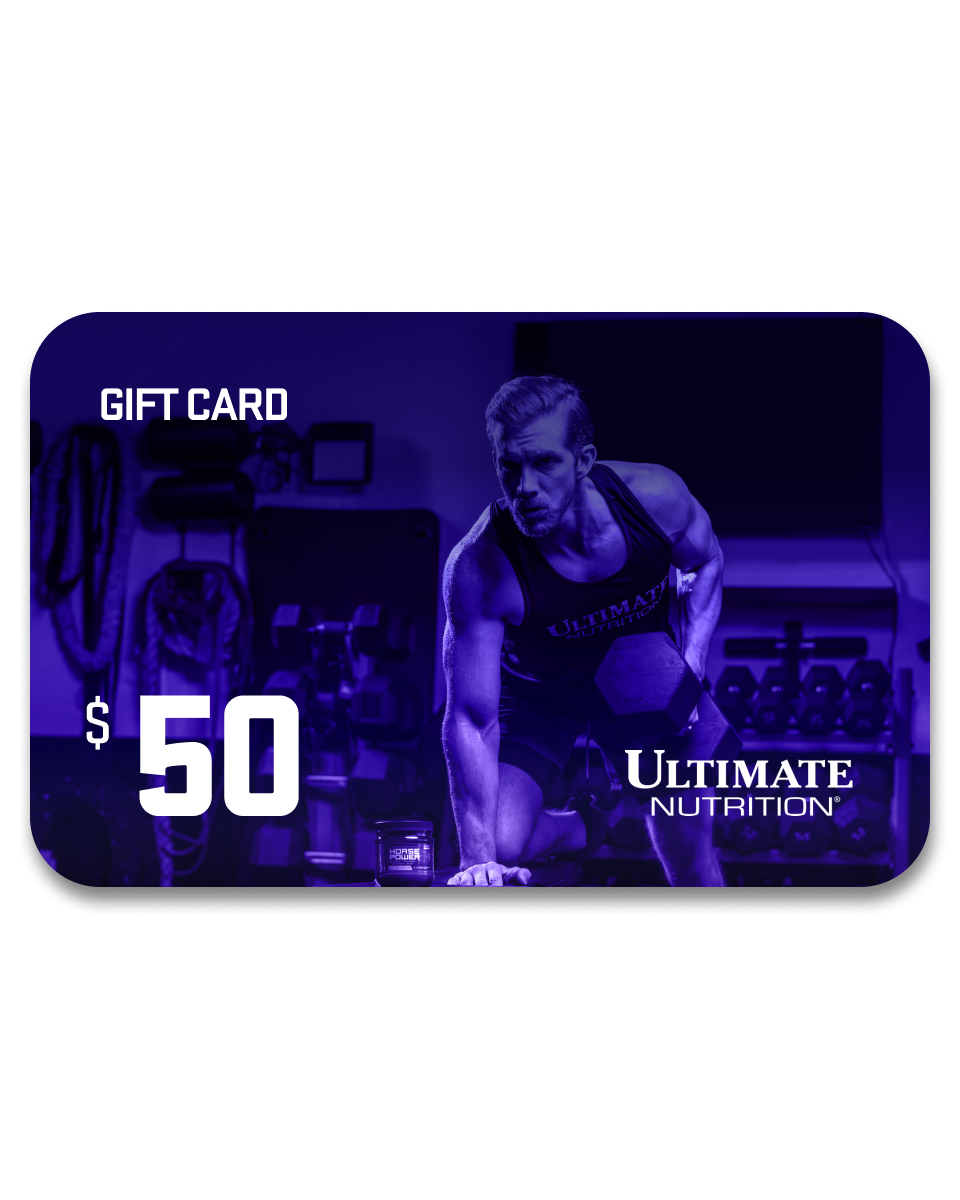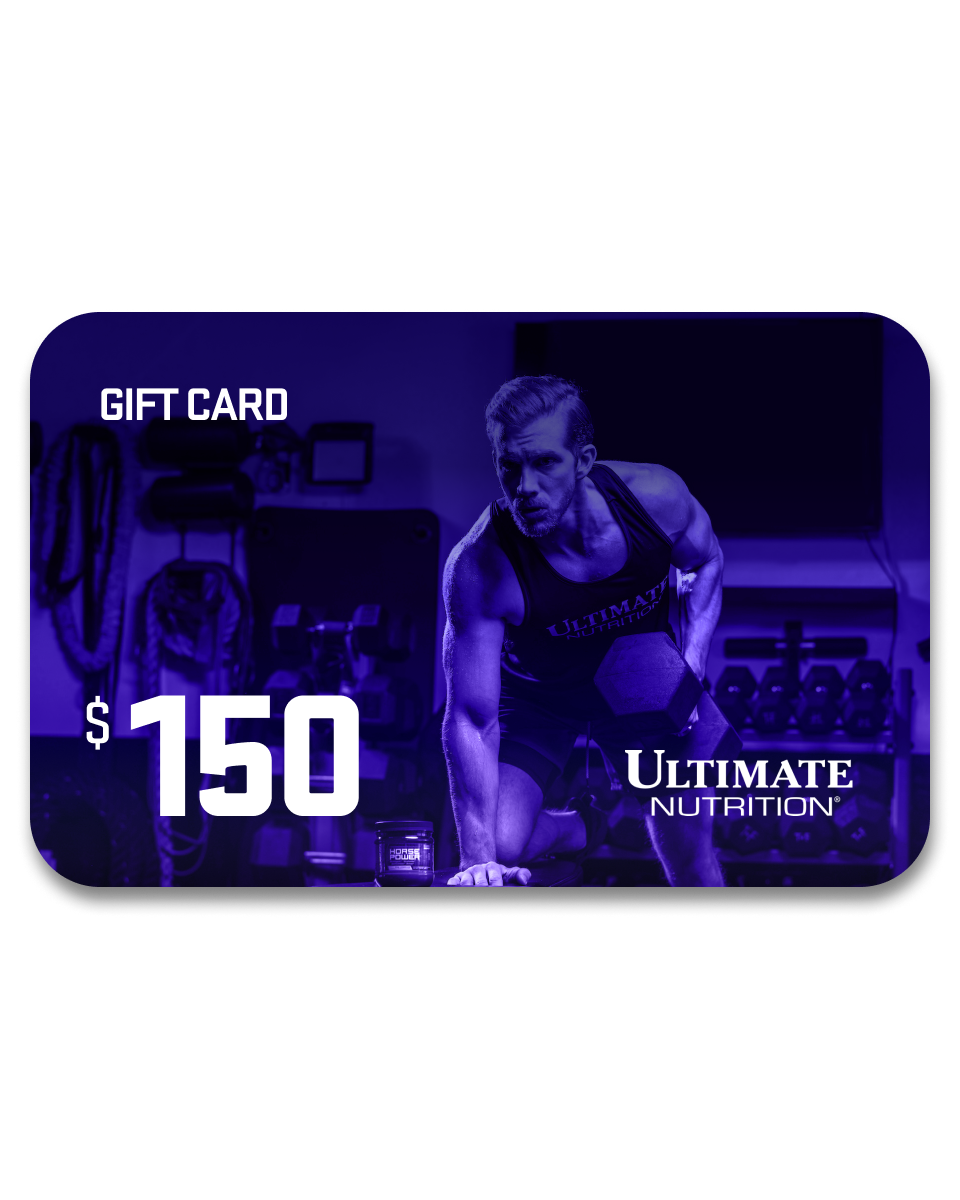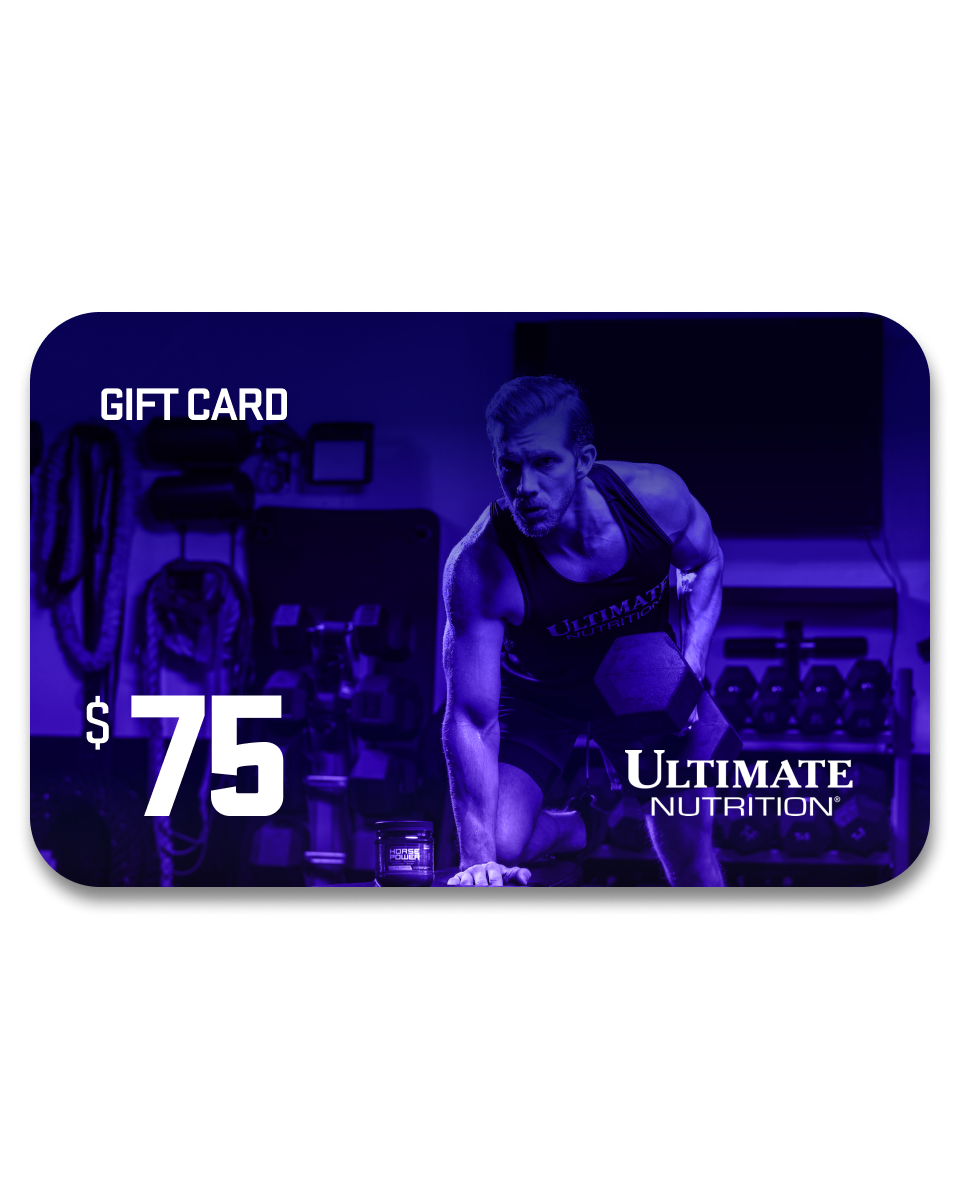You put in the effort at the gym, but did you know that caring for your gut health is just as crucial for achieving your fitness goals? You may have heard of probiotics and their benefits, but have you ever explored the wonders of prebiotics?
Prebiotics are a type of dietary fiber that serves as fuel for the good bacteria residing in your gut. They nourish these friendly microbes to flourish and support your overall health.
So, if you're ready to enhance your digestion, boost your immune system, and improve nutrient absorption, it's time to introduce these incredible prebiotic foods into your diet.
What Are Prebiotics?
Even if you work out, you may need to learn all the ins and outs of nutrition. Read along for a deep dive into prebiotics.
Prebiotics are a type of dietary fiber that is not digested in the small intestine. Instead, they reach the colon intact, serving as a source of nourishment for the beneficial bacteria residing there. These fibers act as a fuel source, allowing the good bacteria in your gut to thrive and multiply.
By fueling the growth of these friendly microbes, prebiotics help create a balanced and diverse gut microbiota. A healthy gut microbiota is associated with improved digestion, enhanced nutrient absorption, and a strengthened immune system.

Prebiotics vs. Fibers
But what makes prebiotics different from other fibers?
One important characteristic is that they are selectively fermented by specific types of bacteria in the colon, primarily Bifidobacteria and Lactobacilli. This fermentation process produces short-chain fatty acids (SCFAs), such as butyrate, acetate, and propionate, which have numerous health benefits.
These SCFAs provide energy for the cells lining the colon, promote a healthy gut environment, reduce inflammation, and help maintain the integrity of the intestinal barrier. Additionally, they contribute to the regulation of appetite and blood sugar levels.
Probiotics vs. Prebiotics
It's easy to mix up prebiotics with their counterpart, probiotics. Let's break down the differences.
Probiotics are live bacteria and yeasts that benefit the body, especially the digestive system. These beneficial microorganisms protect against harmful bacteria and fungi, easing digestive issues and promoting a healthy gut environment.
On the other hand, prebiotics are non-digestible fibers that serve as food for the good bacteria residing in your gut. While probiotics introduce beneficial bacteria into your system, prebiotics fuel and support the growth of those bacteria.
Probiotics are the bacteria, and prebiotics are the nourishment that helps them thrive. Understanding the distinction between these elements is crucial for optimizing your gut health and overall well-being.

How to Get Prebiotics
There are several ways to incorporate prebiotics into your daily routine. One convenient option is fitness supplements. Supplements don’t just have to build muscles– they can support health and wellness and speed up your body’s recovery time.
In addition, you can incorporate prebiotic-rich foods into your diet. Let's explore a few natural food options.
Prebiotic Foods List
Follow along for our list of prebiotic foods.
#1 Jerusalem Artichoke
This root vegetable is not only delicious but also a fantastic source of prebiotics. Its high inulin content promotes the growth of good gut bacteria, making it a great addition to your meals.
#2 Chicory Root
Known for its rich prebiotic fiber, chicory root is a star player in supporting a healthy gut. You can find it in certain teas or as a roasted coffee substitute.
#3 Dandelion Greens
Don't let those pesky weeds fool you! Dandelion greens are a hidden gem when it comes to prebiotics. Packed with dietary fiber, they support digestion and provide numerous health benefits.
#4 Cocoa Powder
Yes, you read it right! Cocoa powder isn't just for indulging your taste buds. It contains flavonols and fibers that act as prebiotics, nurturing the growth of beneficial bacteria in your gut.
#5 Beta Glucan
Beta-glucan is a prebiotic powerhouse found in foods like oats, barley, and mushrooms. It supports gut health and provides other health benefits, such as improved heart health and immune function.
#6 Resistant Starch
This starch is resistant to digestion, meaning it reaches your colon intact and becomes a source of nourishment for your gut bacteria. Foods like green bananas, cooked and cooled potatoes, and legumes are excellent sources of resistant starch.
#7 Garlic
Besides adding flavor to your dishes, garlic contains a unique prebiotic fiber called inulin. Embrace the aromatic benefits of garlic while fueling your gut with goodness.
#8 Onions
These versatile veggies are not just tear-inducing, but they also contain prebiotic compounds that support the growth of beneficial bacteria in your gut. Whether raw, cooked, or caramelized, onions are a delicious addition to any meal.
#9 Asparagus
Loaded with prebiotic fibers and antioxidants, asparagus is a fantastic choice for supporting a healthy gut. It pairs well with various dishes, adding both flavor and nutrition.
#10 Legumes
Foods like lentils, chickpeas, and black beans are excellent sources of plant-based protein and provide a substantial amount of prebiotic fibers. Incorporate them into your meals for a gut-friendly protein boost.
Ultimate Nutrition and Prebiotics
We've explored the fantastic benefits of prebiotics for a healthier gut. But how can you make sure you're getting enough? That's where Ultimate Nutrition comes in.
Supplements are like supercharged helpers for your gut. Our supplements are specially made to provide a concentrated dose of nutrition. Our Balance Probiotic nourishes the good bacteria in your gut and boosts digestion. Our ISOMASS XTREME GAINER packs the benefits of protein powders and dietary supplements.
No matter what you go with, combining a prebiotic-rich diet with Ultimate Nutrition's supplements can take your gut health to the next level.

